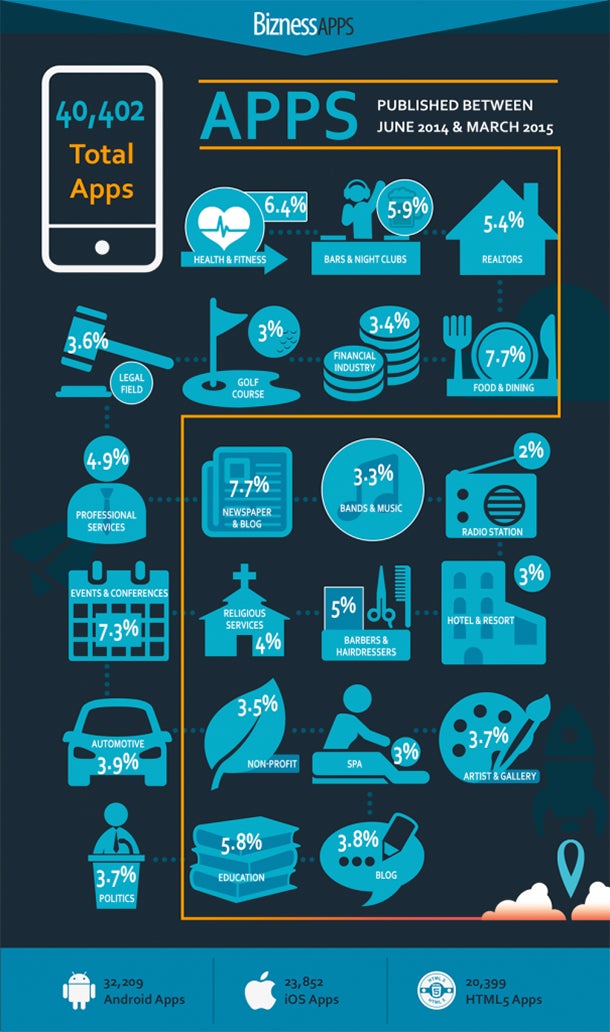Not ready to launch your own full-fledged ecommerce website? Try
these hosted alternative ecommerce services for small or individual
online sellers.
10 Easy, Hosted Storefronts and Shopping Carts
Hosted storefronts are an easy way to set-up your own Web store and a
good option for small or individual sellers who aren't quite ready to
invest in a large ecommerce website. Storefronts -- a managed service --
make it easy to create and manage a store because you don't need any
HTML or programming skills, and you can customize the storefronts to
suite your business needs.
1. BigCommerce.
A storefront solution that lets you create your own Web shop -- plus
you can sell on Facebook and eBay with BigCommerce. Extra features
include multi-channel retailing, mobile commerce, SEO and easy
upselling.
2. E-Junkie.
A shopping cart and digital delivery system for publishers who want to
include buy-now buttons to sell digital goods. You store the files on
E-Junkie's servers, and buyers receive an email with instructions to
download the product after making a purchase.
3. GoEmerchant. Use it to build an ecommerce store, or you can purchase the Buy-Me Button plan to add payment options to an existing website.
4. Mercantec E-Commerce Express.
An entry-level storefront and shopping-cart service that lets you sell
in a number of places including your own site and on eBay.
5. Miva Merchant
offers full ecommerce hosting and just about everything you need to
start an online store – all in one package. You can upgrade accounts as
your business grows.
6. Payvment.
This Facebook-wide shopping cart system offers an admin area built
directly into Facebook to manage your storefront, inventory and sales.
You can customize the Facebook Shopping Tab for your Facebook Business
Page.
7. ProStores. An online ecommerce platform that lets you design a storefront that fully integrates with eBay.
8. Shopify.
This hosted service lets sellers accept credit card payments, use their
own domain and customize their store design. It also features built-in
analytics that helps sellers track progress.
9. TabJuice.
A social commerce platform that you can use to bring products to
Facebook. This storefront application adds a customizable shopping tab
to your Facebook Business Page.
10. Volusion.
An all-in-one ecommerce solution that lets you design and manage your
online storefront; plus it provides tools for marketing, merchandising
and CRM.
4 Online Auction Sites and General Marketplaces
11. Atomic Mall. An online marketplace that features fixed-price, make-an-offer and Web store listings.
12. Bonanza.
Sellers create booths of items (similar to a Web shop) and list
products at a fixed-price. Buyers can also submit an offer to purchase.
13. Ebay.
The world’s largest online marketplace with more than 94 million active
users. On eBay you can list items via auction or buy-now format, and
you can also manage your own eBay-hosted storefront.
14. Etsy. An online marketplace offering Web shops for handmade and vintage items and also supplies for making handcrafted items.
7 Free-to-List Classified-Ad Sites
Free local classified-ad sites are a good choice for online sellers
who have larger items that are difficult to ship. Most general
categories on classified sites don't charge a fee to list, but special
categories (such as adult services) are usually fee-based.
Classified-ad sites take no responsibility for the transactions and you
deal with local customers face-to-face to complete a sale.
15. Backpage.
Covers more than 400 cities and regions from the United States, Canada
and Mexico. Backpage is free for posting ads; the adult entertainment
and personals categories are fee-based.
16. Craigslist.
Choose a location site from cities located in the United States,
Canada, Asia, Americas, Europe, and other International cities. Most
classified ads on Craigslist don't cost anything to place, but some
specific sections for some cities do carry a fee, such as job postings,
brokered apartment rentals, and adult services.
17. eBay Classifieds (Kijiji).
eBay Classifieds in the United States (and Kijiji in Canada) is an
eBay-owned network of classified sites for specific countries including
the United States, Canada, China, Taiwan, Germany, India and others.
18. Facebook Marketplace.
On Facebook, Marketplace, which is operated by Oodle, helps people buy
and sell items in a trusted environment (e.g. within your network of
friends).
19. Hoobly.
Integrates a local classifieds market into a national marketplace. This
lets consumers look for general ads and then be more specific about
location. Ads placed on Hoobly are free; however you may opt to place a
Premium Ad, which is posted to a paid area.
20. OLX.
An established online classified site available in more than 96
countries in 40 languages. Ads are free, but the site offers paid
options that appear at the top of search results.
21. Oodle.
Pulls millions of listings from all over the Web. Consumers can place
an Oodle ad for free, by creating an online account. When you post to
Oodle, your classified ad may also be posted to hundreds of other sites.
